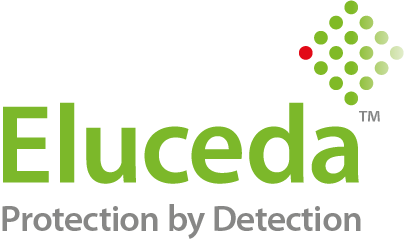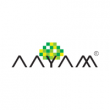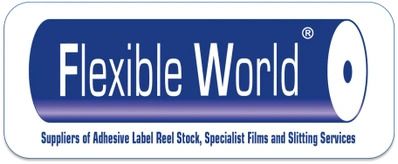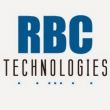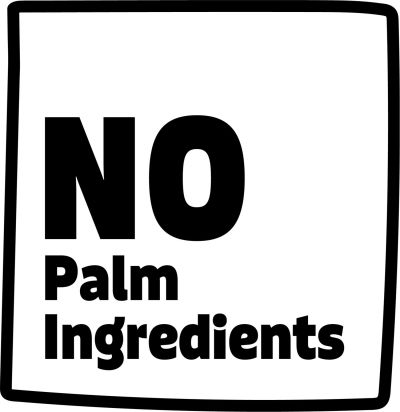
No Palm Ingredients BV
“Palm oil is a great product. It's versatile and affordable. But there is not enough.”
Palm oil is cheap, versatile, and used in about 60% of fast-moving consumer good. However, with demand rising 4% annually and 22 million extra tons needed by 2030, meeting this demand would require clearing rainforests 1.5 times the size of Ireland. New regulations will also force European companies to source sustainably certified palm oil, excluding 83% of current supplies and driving up prices for every family.
At NoPalm Ingredients, we upcycle and ferment food-industry waste streams to produce yeast oils & fats, that are perfect drop-in substitutes to palm and other vegetable oils in food, cosmetics, and personal care products. Our ingredients offer a two-sided solution that reduces both food waste and our reliance on palm oil.
Founded in 2021, NoPalm Ingredients is on a mission to create a green parallel oil & fat industry, by producing palm oil without palm trees.
“Often, the answer isn't to prohibit a product but to step back and create a superior alternative that naturally compels a switch”
By upcycling and fermenting agri-food side streams into circular yeast oils, we are making a worldwide environmental impact, contributing to a waste-free world, decarbonizing the entire value chain with 90% less carbon emissions compared to palm, and preserving biodiversity hotspots from future deforestation, as we reduce land use by 99%
Our Technology
We transform agri-food waste streams into valuable oils and fats using an innovative fermentation technology.
Pre-processing: we start by converting waste materials like potato peels and rejected vegetables into a fermentable substrate.
Fermentation: we add our proprietary yeast, which consumes the sugars, organic acids, and alcohols in the substrate. Over a quick fermentation period, the yeast grows and accumulates oil within their cell bodies.
Extraction: We then extract pure oils and fats from the yeast cells, leaving behind spent biomass.
Our versatile oils and fats can be tailored to different functionalities based on production settings, making them suitable for various applications in food, cosmetics, and pet food products. The remaining biomass is reintegrated into the value chain, ensuring a zero-waste process and maximizing resource efficiency.




